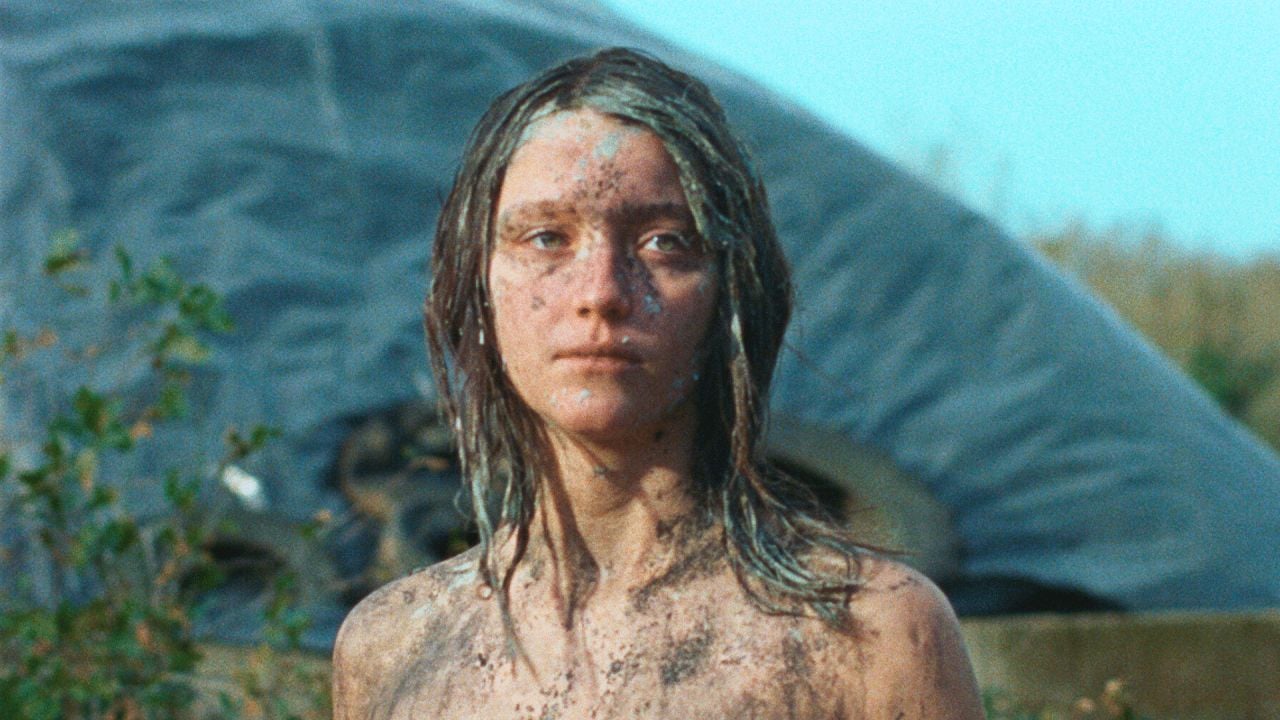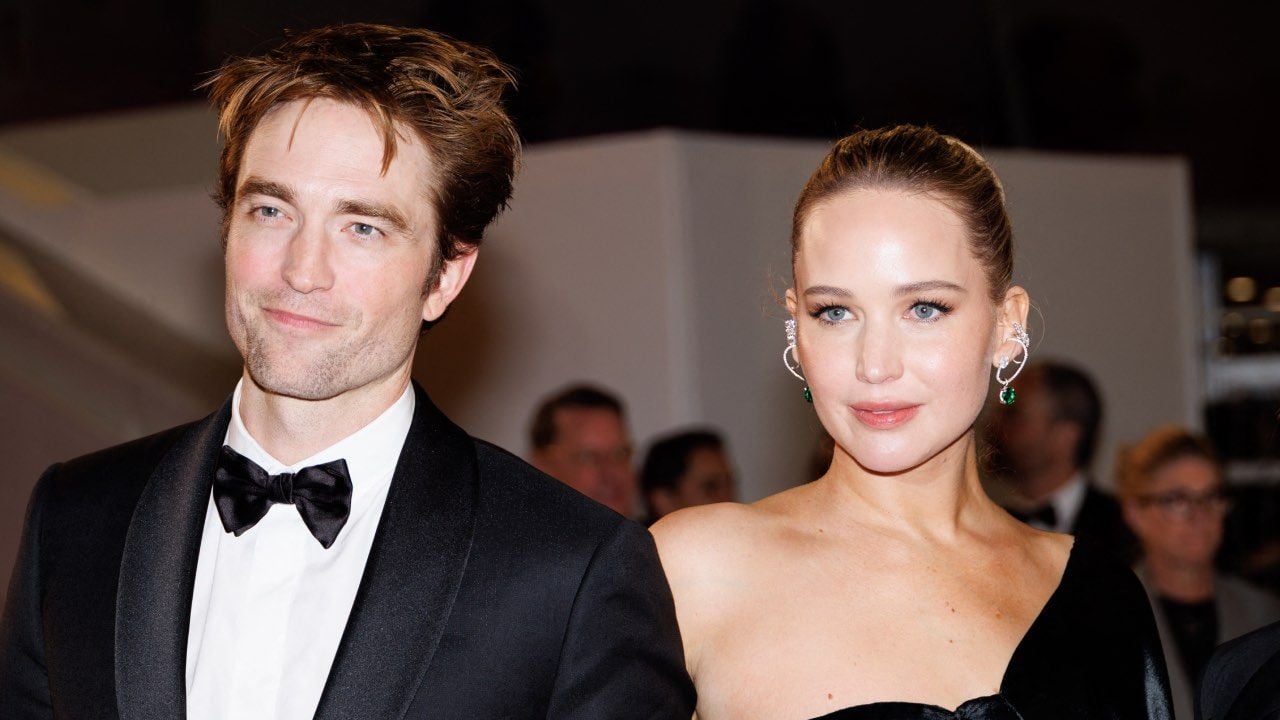Alfred Hitchcock is an indelible name in the history of cinema. Known as the “Master of Suspense,” Hitchcock directed a series of films that not only defined the genre but also influenced generations of filmmakers. Here are the 10 best Alfred Hitchcock films, according to critics.
It is worth mentioning that the list was compiled using aggregators such as iMDBwhich use reviews from industry experts, which does not necessarily mean that one film is actually better than another and can also be subjective to each viewer.
The 10 best Alfred Hitchcock films
Shadow of a Doubt (1943)
Considered by Hitchcock his favorite film, “Shadow of a Doubt” presents a palpable tension in a story that takes place in a quiet American town. The young Charlie (Teresa Wright) begins to suspect that his beloved Uncle Charlie (Joseph Cotten) is, in reality, a wanted killer. The film highlights Hitchcock’s ability to transform everyday settings into scenes of suspense and paranoia, keeping the audience in suspense until the final outcome.
Interlude (1946)

“Interlude” is a masterpiece of romance and suspense. Ingrid Bergman plays Alicia, a woman recruited by Agent Devlin (Cary Grant) to spy on a group of Nazis in Rio de Janeiro. As Alicia and Devlin’s relationship deepens, the danger and tension increase. The film is remembered for its impeccable direction and stellar performances by Bergman and Grant, as well as containing one of the most iconic kissing scenes in cinema history.
Sinister Pact (1951)

Based on the novel by Patricia Highsmith, “Sinister Pact” is a psychological thriller that explores the theme of mistaken identity. The film follows two strangers, Bruno (Robert Walker) and Guy (Farley Granger), who meet on a train and discuss the possibility of “swapping” the murders to solve their personal problems. Hitchcock’s masterful direction and Walker’s haunting performance make this one of the director’s most memorable films.
Devil’s Feast (1948)

“Devil’s Feast” is a unique cinematic experience, shot almost entirely in long takes that create a sense of continuity and claustrophobia. The plot revolves around two friends who strangle a classmate just for the intellectual pleasure of the perfect murder and then throw a party with the body hidden in a trunk in the room. James Stewart shines as the suspicious professor who begins to realize that something is wrong. Hitchcock’s innovative technique and tense atmosphere make this film unforgettable.
Rebecca (1940)

“Rebecca” marked Hitchcock’s Hollywood debut and won the Academy Award for Best Picture. Based on the novel by Daphne du Maurier, the film tells the story of a young woman (Joan Fontaine) who marries widower Maxim de Winter (Laurence Olivier), only to discover that she is living in the shadow of his deceased first wife, Rebecca. The gothic atmosphere and intense performances make “Rebecca” a timeless classic of psychological thrillers.
Dial M to Kill (1954)

“Dial M for Kill” is a stylish, suspenseful thriller that takes place almost entirely in an apartment. Ray Milland plays Tony Wendice, who plots to murder his wife Margot (Grace Kelly) in order to inherit her fortune. When the plan goes awry, Tony must improvise quickly to cover his tracks. Hitchcock’s direction keeps the tension high, and Grace Kelly’s performance as the vulnerable but resilient Margot is outstanding.
North by Northwest (1959)

“International Intrigue” is often cited as one of the best spy films of all time. Cary Grant plays Roger Thornhill, an advertising executive who is mistakenly identified as a spy and finds himself caught in a web of espionage and mystery. With iconic scenes such as the Mount Rushmore chase and the spray plane scene, this film combines action, suspense and humor flawlessly.
A Falling Body (1958)

“The Dead Man” is widely considered Hitchcock’s masterpiece and one of the greatest films of all time. James Stewart plays a retired detective with acrophobia who is hired to track the mysterious Madeleine (Kim Novak). The film explores themes of obsession, identity, and reality, and is known for its innovative use of camerawork and Bernard Herrmann’s mesmerizing score. Its narrative complexity and psychological depth make it a must-see for any film lover.
Rear Window (1954)

In “Rear Window,” James Stewart plays a wheelchair-bound photographer who begins spying on his neighbors through his apartment window. When he suspects one of his neighbors of committing a murder, the suspense intensifies. Grace Kelly plays his girlfriend Lisa and together they investigate the possible crime. Hitchcock’s ability to create tension from a small setting is exemplary and the film is a meditation on voyeurism and morality.
Psycho (1960)

No list of Hitchcock films would be complete without “Psycho.” This horror and thriller classic redefined the genre with its shocking narrative and chilling score. Anthony Perkins brings to life the iconic Norman Bates, a motel owner with a disturbing relationship with his mother.
The famous shower scene, with its fast editing and intense soundtrack, is one of the most famous in the history of cinema. “Psycho” remains a milestone in the history of cinema and a testament to Hitchcock’s talent for psychological suspense.
These films represent the pinnacle of Alfred Hitchcock’s talent, showcasing his unique ability to create tension and suspense while exploring deep and complex themes. Through ingenious storytelling, memorable characters, or innovative filmmaking techniques, each of these films has left its mark on cinema and continues to be studied and appreciated by critics and fans around the world.
Alfred Hitchcock’s Top 10 Films According to Critics appeared first on Olhar Digital.
Source: Olhar Digital
Rose James is a Gossipify movie and series reviewer known for her in-depth analysis and unique perspective on the latest releases. With a background in film studies, she provides engaging and informative reviews, and keeps readers up to date with industry trends and emerging talents.







